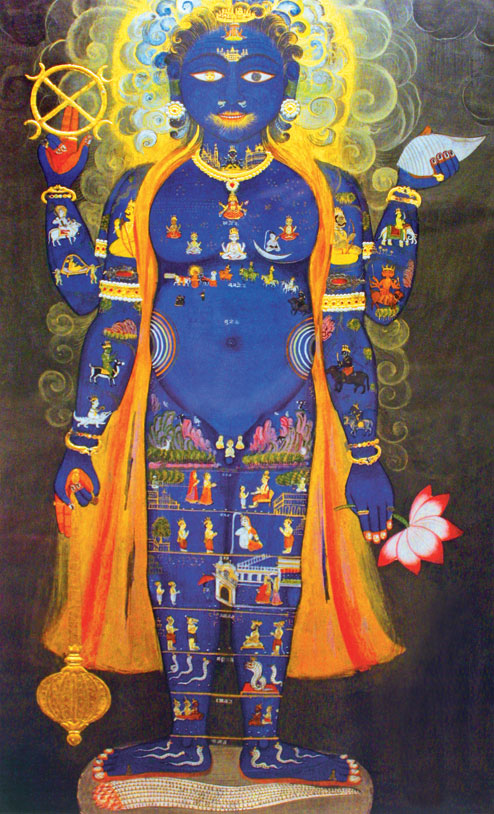
conceptual premises of the epic and discusses scriptures, deities, the Hindu cosmography and so on.
On nationalism
By Romila Thapar, A.G. Noorani and Sadanand Menon, Aleph
At a time when India remains bitten by the bug of ‘nationalism’, this volume, which comprises three essays, examines the deliberate misrepresentation of a contested phenomenon and the consequences of such a mischievous alteration.
Kohinoor: The Story of the World’s Most Infamous Diamond
By William Dalrymple and Anita Anand, Juggernaut
Almost everyone has heard of this precious stone. But only a few know about how it got to where it is now. Relying on facts instead of opinions, so as to avoid being judgmental, this well-researched book by Dalrymple and Anand delves into the history of the diamond, chronicling its tale in a manner that is at once gripping and informed.
Age of anger: A history of the present
By Pankaj Mishra, Juggernaut
What would undoubtedly draw the attention of readers to a work of this magnitude is the scale — Mishra endeavours to write a history of no less than the present. Equally engrossing are some of the parallels that he draws, the ties between the ISIS and the Enlightenment philosophies for instance. Mishra traces the strand of an alienation that seems to connect Rousseau’s time with the twenty-first century.
When Crime Pays: Money and Muscle in Indian Politics
By Milan Vaishnav, HarperCollins
Vaishnav unveils a contagion that has blighted the democracy since its inception. The criminalization of politics, he shows, is not quite the recent phenomenon that it is made out to be. Data and insight are combined to challenge the perception of the republic’s early years being idyllic. Sustained pressure from civil society and the judiciary, Vaishnav argues, could tilt the scales in this battle.
The Idea of the Muslim World: A Global Intellectual History
By Cemil Aydin, Harvard
This, in effect, is a project within the rubric of global intellectual history that is devoted to the comprehension of the ‘idea of the Muslim world’ without ignoring the tensions that are buried within its diverse layers. Significantly, Aydin strives to address the relatively disproportionate emphasis that Islam has received in political and scholarly discourses since the 19th century vis-à-vis other faiths.
The Coalition Years
By Pranab Mukherjee, Rupa
The third volume of the former president’s political memoirs spans the years when Indira Gandhi was at the helm of India’s affairs and beyond. Mukherjee looks back at the difficulties posed by coalition politics and also the challenges that came his way when he took up crucial ministerial positions. What comes through with equal conviction are the weaknesses that lie at the heart of India’s democratic polity.
Absolutely on Music: Conversations with Seiji Ozawa
By Haruki Murakami, Harvill Secker
The reader gets to eavesdrop on a series of conversations between Murakami and Ozawa, two Japanese men who share their joy in, and involvement with, some of the products of high European and American culture. They explore the depths and limits of what are termed, not without misgiving, as ‘East’ and ‘West’, and how these labels are repeatedly affirmed and transcended.
Browse: The World in Bookshops
Edited by Henry Hitchings, Pushkin
A bookstore is a site of pleasure; unregimented unlike a library, its contents yet to be bought, owned or touched by the intimacy of possession. In this book, authors from all over the world write from their personal experience about bookstores and the gratification to be had from browsing — an act that is a heady mix of chance, seduction, fate and fatality.
Late Essays: 2006-2017
By J.M. Coetzee, Harvill Secker
The range and diversity of the authors discussed here can be intimidating at first. But tying the essays together are preoccupations that shaped Coetzee’s own artistic growth such as a critique of the pervasive influence of the commercial ethic in modern life and an underlying emphasis on the need for compassion. Coetzee examines the works of, among others, Daniel Defoe, Friedrich Hölderlin, Samuel Beckett and Ford Madox Ford. Free of gratuitous literary theory and marked by Coetzee’s characteristic lucidity, the essays bring back the zest missing in academic criticism today.
The Ruler’s Gaze: A Study of British Rule over India from a Saidian Perspective
By Arvind Sharma, HarperCollins
The Enlightenment consolidated the idea of a civilized ‘Christian’ West and a barbarous ‘pagan’ East. Sharma employs Edward Said’s power/knowledge dialectic to rectify the distortions of imperialist historiography and tries to offer a more ‘realistic’ version grounded on ancient texts like the epics and the Vedas. Sharma’s cogent style and ample scholarship add to the book’s allure.
The Courage of Hopelessness: Chronicles of a Year of Acting Dangerously
By Slavoj Zizek, Allen Lane
Zizek critiques capitalist globalization and searches for a way out, chronicling the return of religion as a political factor, the battle for sexuality, and populist rage all over the world. Fundamental to all this, Zizek argues, is a radical class division separating those protected by the sphere of power and those outside its realm.










